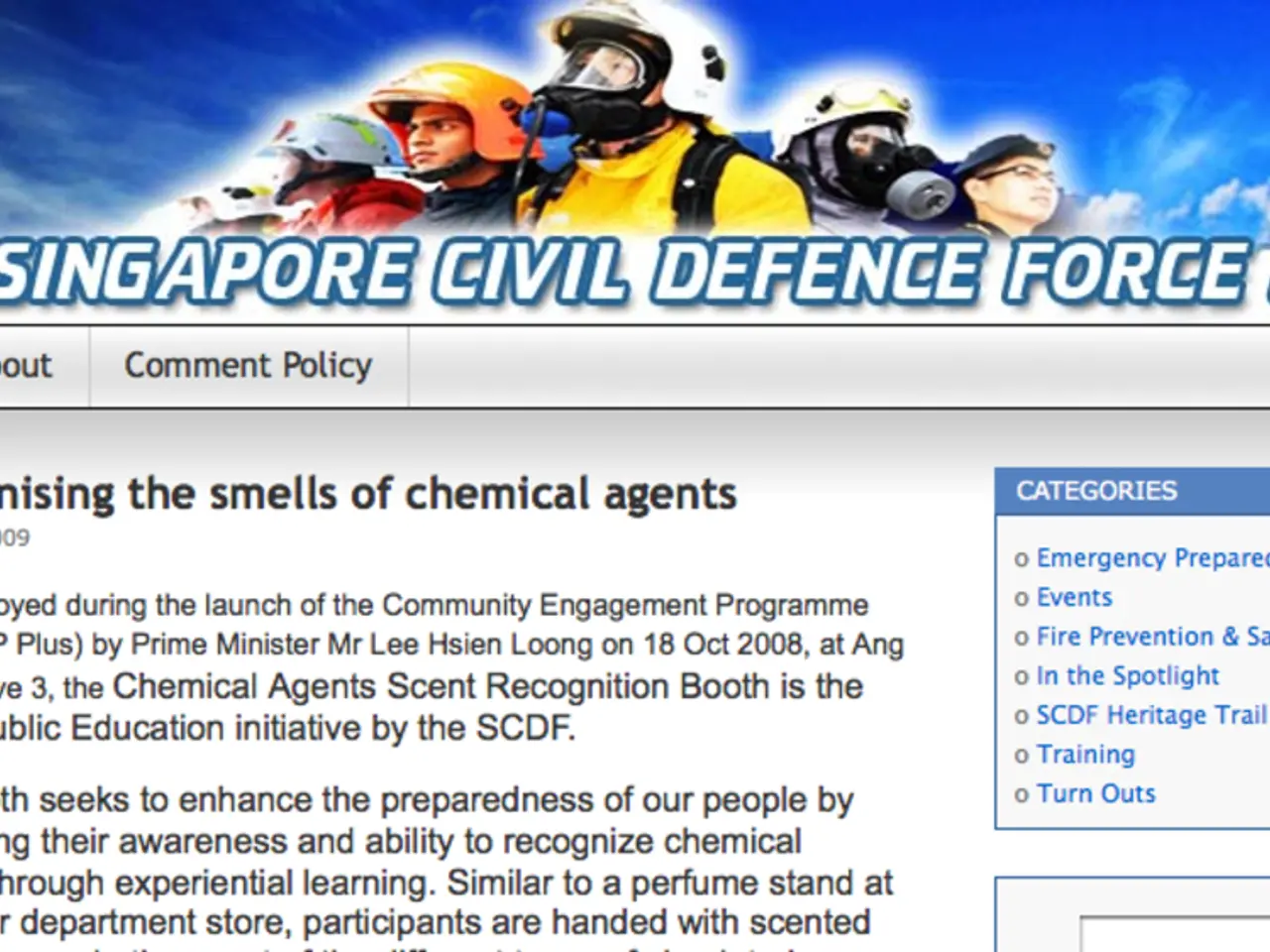Copyright Concerns for Blog Monetization: Important Considerations for Content Creators and Business Owners
In the ever-growing world of blogging, it is essential to safeguard original content from copyright infringement. India's Copyright Act, 1957, provides creators with exclusive rights over their literary works, including blogs, offering a robust framework for content protection.
### Specific Copyright Protection Measures for Blog Content in India:
1. **Exclusive Rights**: Bloggers in India have the exclusive rights to reproduce, distribute, display, and create derivative works from their blog content. Copyright arises automatically upon creation, though registering with the Copyright Office provides additional legal benefits.
2. **Fair Dealing Exceptions**: Section 52 of the Copyright Act permits "fair dealing" for purposes such as criticism, review, or reporting current events. This means some uses of blog content without permission may be lawful if they fall under these exceptions.
3. **Technical Measures**: Bloggers can employ technical protections such as watermarking their images and videos embedded in blogs to assert ownership and deter unauthorized use. Digital Rights Management (DRM) technologies may also be applied to restrict unauthorized use.
4. **Terms of Use and Licensing**: Explicitly stating terms of use and licensing on the blog helps define permissible uses and restrict unauthorized reproduction or distribution.
### How Bloggers Can Enforce Their Rights Against Infringement:
1. **Issuing Takedown Notices**: Under Indian law, bloggers can send a takedown notice to platforms or infringers identifying the exact infringing content and asserting their copyright ownership. According to a Delhi High Court ruling, a properly formulated notice specifying location and ownership compels platforms to remove infringing content.
2. **Civil Legal Action**: Bloggers can file a civil lawsuit against infringers seeking injunctions to prevent further unauthorized use and claim damages for losses suffered or profits made by the infringer. Courts may grant injunctions to stop ongoing infringement during legal proceedings.
3. **Criminal Remedies**: Copyright infringement can also trigger criminal penalties in India, including fines and imprisonment, especially for willful infringement.
4. **Monitoring and Enforcement**: Proactive monitoring of the web for unauthorized use of blog content is crucial. Bloggers may also engage with platform moderators or administrators to report violations and request enforcement under platform policies.
5. **Educational and Community Engagement**: Raising awareness among readers and communities about respecting copyright promotes better compliance and deters misuse.
### Summary Table:
| Protection Measure | Enforcement Approach | |---------------------------------------|------------------------------------------| | Copyright automatically vested in blog content | Send detailed takedown notices to platforms/infringers[1] | | Fair dealing exceptions for criticism/review/reporting | File civil suits for injunctions and damages[3][4] | | Watermarking and DRM | Criminal complaints for willful infringement[2][4] | | Clear terms of use/licensing | Monitor unauthorized use and report violations[2] | | Educate audience and engage with platforms | Collaborate with platform admins for content removal[2] |
By combining legal rights under the Indian Copyright Act with technical protections and proactive enforcement strategies, bloggers in India can effectively protect their original content and respond to infringement. With the thriving blogging community and the increasing importance of intellectual property rights, understanding and utilising copyright laws is a crucial foundation for safeguarding creators' and entrepreneurs' rights.
- In the realm of blogging, it is essential for creators to leverage the exclusive rights over their literary works, as defined by the Indian Copyright Act, 1957, to protect their original content from unauthorized reproduction, distribution, display, and creation of derivative works.
- To enforce these rights against infringement, bloggers can issue well-structured takedown notices to platforms or infringers, asserting their copyright ownership and identifying the specific infringing content.
- Civil legal action can also be pursued by bloggers who seek injunctions to prevent further unauthorized use and claim damages for losses or profits made by the infringer.
- Criminal remedies, such as fines and imprisonment, may be imposed in India for willful copyright infringement.
- By monitoring the web for unauthorized use, engaging with platform administrators, raising awareness about respecting copyright, and implementing technical measures like watermarking and Digital Rights Management (DRM) technologies, bloggers can strengthen their approach in protecting their original content and promoting entrepreneurial success within the blogging community.




